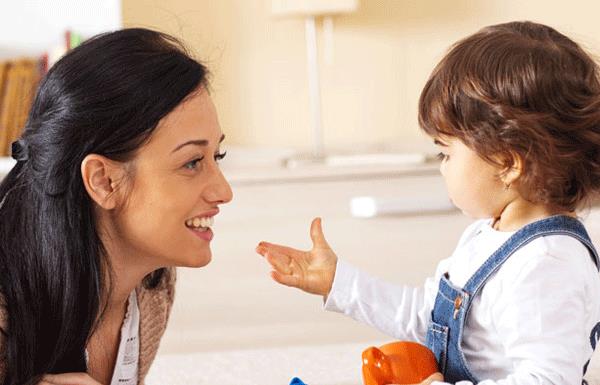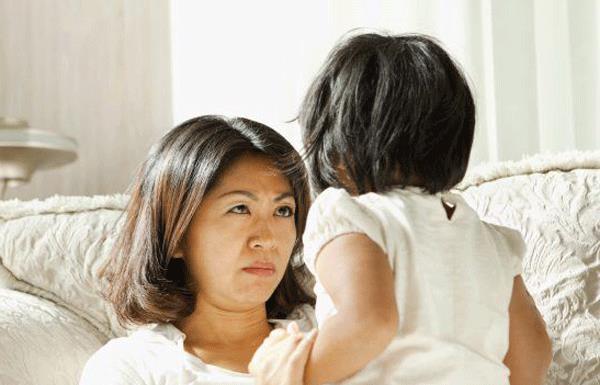Parents who do not want to teach their children to be good, become kind people and live peacefully throughout their childhood years. But from wanting to reality is not easy. This takes patience and dexterity every day from parents.
content
Always listen and understand
Self-discipline, not punishing
Communicate, not command
Set limits
Cooperate but not control
Most parents can be attracted to a good parenting approach, with peaceful parenting based on positive principles and mutual respect between parents and children. But there are also many people who are concerned that they will turn children into people who do whatever they want.
Rest assured, even though you do not hold the "superior" right, not confronting directly in conflicts with the children does not mean giving your baby freedom. It should not be confused with neglectful parenting: "I don't care what you do" or indulging "I want you to do whatever you want".
Here are some key principles of parenting so safe:
Always listen and understand
At the age of 2, every baby's behavior can be a way of expressing his inner needs. The raising of children to live peacefully at this time is shown in that: Instead of reacting immediately to the child's unreasonable demands, parents pause, listen and consider why the baby behaves in a way. there.
Maybe it's because the baby is feeling rolling, or maybe he wants his parents to pay more attention. By teaching children from this point of view, parents are more likely to live in peace than just reacting by disciplining their baby .

Instead of reprimanding, just listen and be your friend
Self-discipline, not punishing
When a child thinks about the effects of their actions on others, they are less likely to act impulsively, aggressively, and selfishly. So, instead of punishing children to recognize their own wrong behaviors, parenting a good child now encourages them to think about their own behavior.
Why does the baby do that? How does that affect people? What else can your baby do?… That way, you encourage your baby to develop self-discipline, and parents don't need to rely on punishment and rewards to teach them.
Communicate, not command
When you yell or yell at your baby, your child's instinctive self-defense response is to stop listening. Raising children at peace shows that parents should stay calm and control their own emotions at all times.
To help your baby behave better, get his or her attention. Sit next to the baby and gently touch him so he feels safe and loved. Then, clearly explain how you want him to act on his own. Communicating and making friends with your baby in this way makes him really listen to you more.
Set limits
Children will do best when they know exactly what they can and cannot do. So, safe parenting shows that parents need to set very clear limits and calmly explain these to your child before and after the child shows poor manners.

For young children, being strict only gets worse
When he understands why something is not allowed - for example, you won't let him climb on the kitchen table because he may fall and hurt himself - he begins to weigh the consequences of the onions. my vi. Children pay more attention to rules when they understand them.
Cooperate but not control
A rule-based parenting approach can put parents and children in opposition. So, parenting peacefully shows that you and your child work cooperatively to solve problems together.
For example, if you find that the child is becoming more aggressive and the anger is not worth it, stay calm. Sit together and try to find out what makes your baby feel distressed. This is based on respect for your child, one-sided control and a preference for cooperation.

7 principles of teaching children to manage anger Anger control is an important skill that even many adults have not mastered. However, parents can completely teach children to manage anger from the first years of life with the following principles.
Parenting a good and peaceful child shows that you always listen and know how to be friends with them. Don't impose and use too many rules, this only makes things worse.














